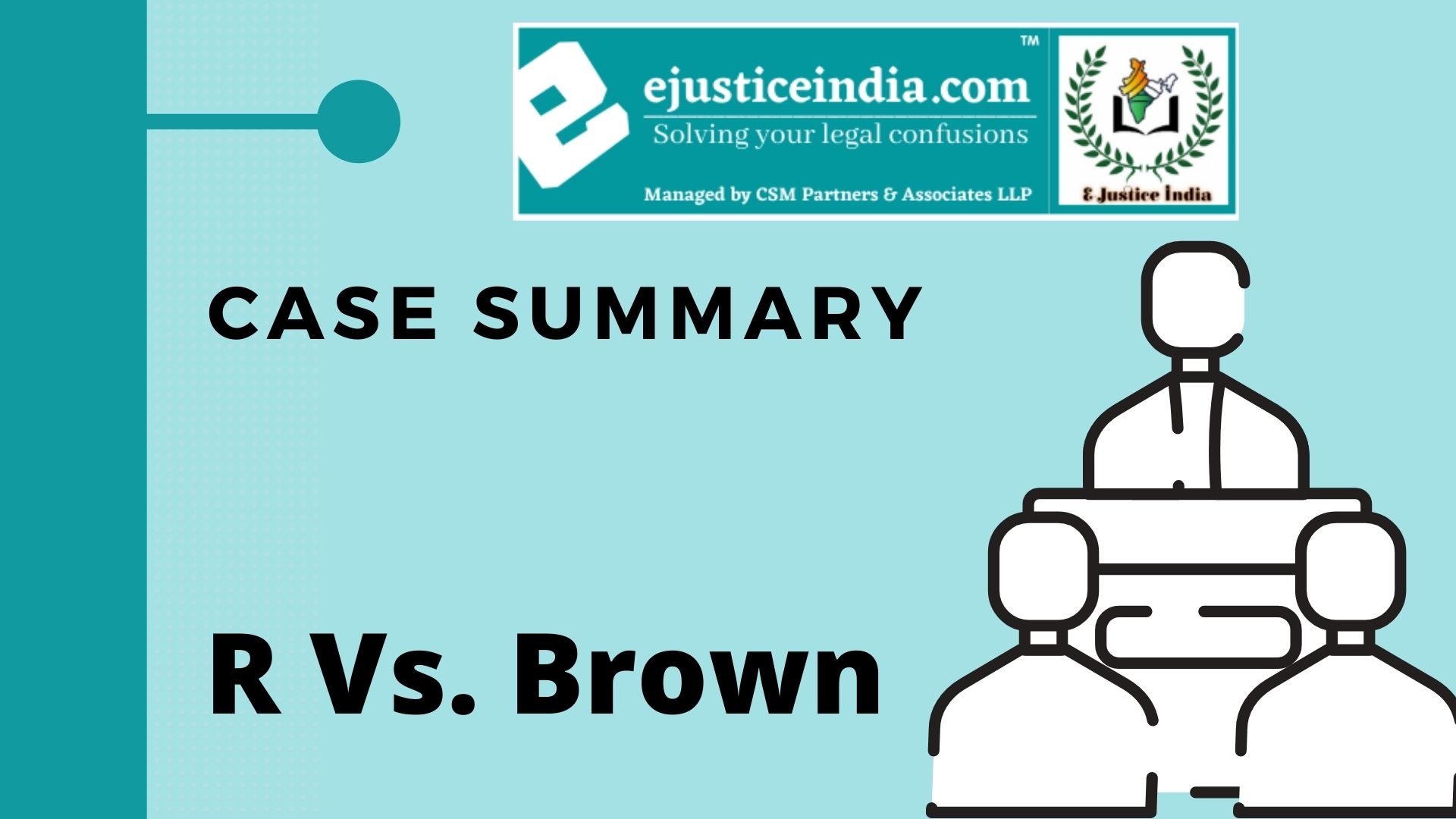K.S. PUTTASWAMY VS UNION OF INDIA : CASE SUMMARY
CASE : K S PUTTASWAMY VS UNION OF INDIA
Author : Vaibhavi Batra
EQUIVALENT CITATION
(2017) 10 SCC 1
BENCH
Justice J.S. Khehar, Justice S. K. Kaul, Justice D Y. Chandrachaud, Justice R. F. Nariman, Justice S.A. Bobde, Justice S.A. Nazeer, Justice R.K. Agrawal, Justice J. Chelameswar and Justice A. M. Sapre.
INTRODUCTION
The Adhaar Scheme is a biometric based 12 – digits unique identification number issued to all Indian residents, is considered as a technology – enabled tool for efficient public service delivery and root out the corruption from it. Under the Adhaar Scheme, the Government of India collects and complies both the demographic and biometric data of the residents of the country to be used for various purposes.
FACTS
The case arose out of a challenge to a constitutional challenge to the Adhaar Scheme, which aims to build a database of personal identity and biometrics o the residents of the country. In regard to this, a retired High Court Judge K.S. Puttaswamy filed a petition in the year 2012 against the Union Of India before a nine – Judge Bench of the Supreme Court of the country, challenging the constitutionality of Adhaar because it is violating the ‘Right to Privacy’.
The Government argued that, there was no Constitution right to privacy under the Constitution of India as stated by the previous judgements of M.P. Sharma vs. Satish Chandra (1954) and Kharak Singh vs. Uttar Pradesh (1964).
ISSUES AND FACTS OF LAW
Whether there is a constitutionally protected Right to Privacy?
If there is a constitutionally protected right, whether this has the character of an independent fundamental right or whether it arises from within the existing guarantees of protected rights such as the ‘life and personal liberty’?
Whether or not the decisions made by the court in the earlier cases of M.P. Sharma vs. Satish Chandra and Kharak Singh vs. State of Uttar Pradesh, that there are no such provision of right to privacy, shows the correct Constitutional position?
JUDGEMENT
The Supreme Court passed the judgement on 24th August 2017, upholding the fundamental right to privacy. The court held that, “Privacy is a constitutionally protected right which emerges primarily from the guarantee of life and personal liberty in Article 21 of the Indian Constitution. Elements of privacy also arise in varying contexts from the other facets of freedom and dignity recognized and guaranteed by the fundamental rights give under Part III of the Constitution.
By holding that, ‘Right to Privacy’ as a fundamental right, the court overrule its previous judgements in the cases of M.P. Sharma vs. Satish Chandra and Kharak Singh vs. State of Uttar Pradesh.
K S PUTTASWAMY VS UNION OF INDIA


